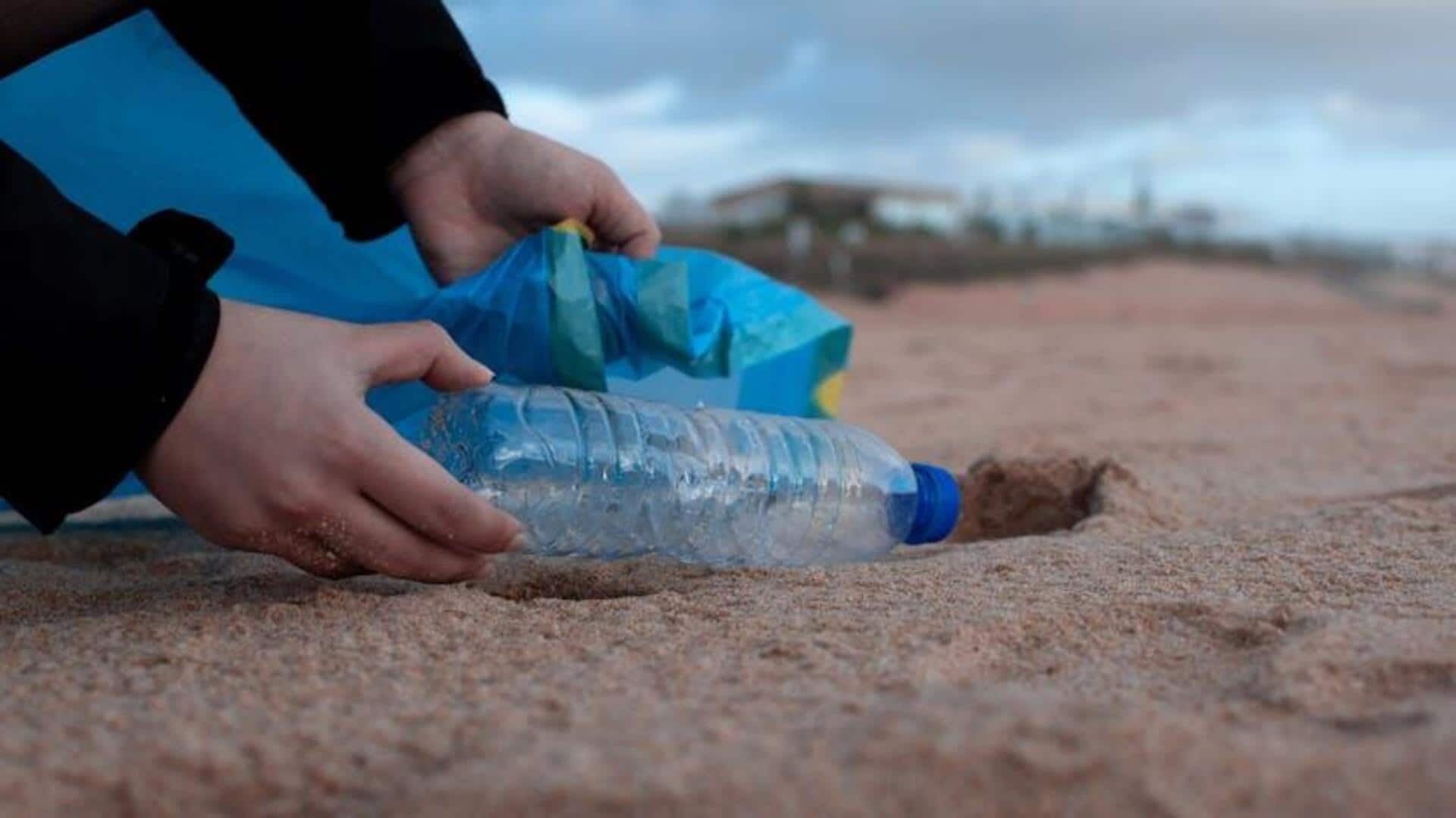
Organize community beach cleanups in Africa like a pro
What's the story
Planning and implementing community beach cleanups is an effective strategy to fight pollution and save our ocean's creatures. In Africa, home to some of the world's most beautiful but waste-threatened coastlines, these efforts are crucial. This article offers practical advice on organizing impactful beach cleanups, ensuring they benefit not only the environment but also local communities.
Planning
Plan your cleanup with precision
Start by choosing a date and location, keeping in mind that low tide times are best as more trash is exposed. Obtain necessary permits from local authorities and survey the area for any potential hazards. Knowing the types of common waste is crucial. This way, you can plan what kind of materials you will need for the cleanup.
Mobilization
Mobilize your community
Involving the local community is crucial for a successful beach cleanup. Leverage social media, local radio announcements, and community bulletin boards to reach a wide audience. Collaborating with schools, environmental groups, and businesses can further increase participation. Be transparent about the event's objectives, what volunteers need to bring (such as reusable gloves), and any rewards or fun activities planned for post-cleanup.
Safety
Safety first
Participant safety should be a top priority during beach cleanups. Equip all volunteers with gloves (ideally reusable) and provide safety briefings. This should include instructions on how to handle potentially hazardous waste such as sharp objects or medical waste if they come across any. Have first aid kits on hand and a clearly marked first-aid station. Also, make sure to have plenty of hydration stations set up throughout the event.
Disposal
Waste sorting and disposal
Train participants to properly sort waste into recyclables, non-recyclables, and hazardous materials at the beginning of your event. Set up well-defined sorting stations along the beach with appropriate signage indicating the type of waste collected during your cleanup effort. Collaborating with recycling companies can help guarantee that collected recyclables are appropriately managed, while minimizing the overall environmental impact.
Reflection
Reflecting on impact
After your beach cleanup in Africa, take time with your team to reflect on the trash collected and its potential harm to marine life. Consider what you've learned about preventing pollution. Share your insights on social media or at community meetings to motivate others and raise awareness about the collective effort's challenges and successes in combating environmental degradation.